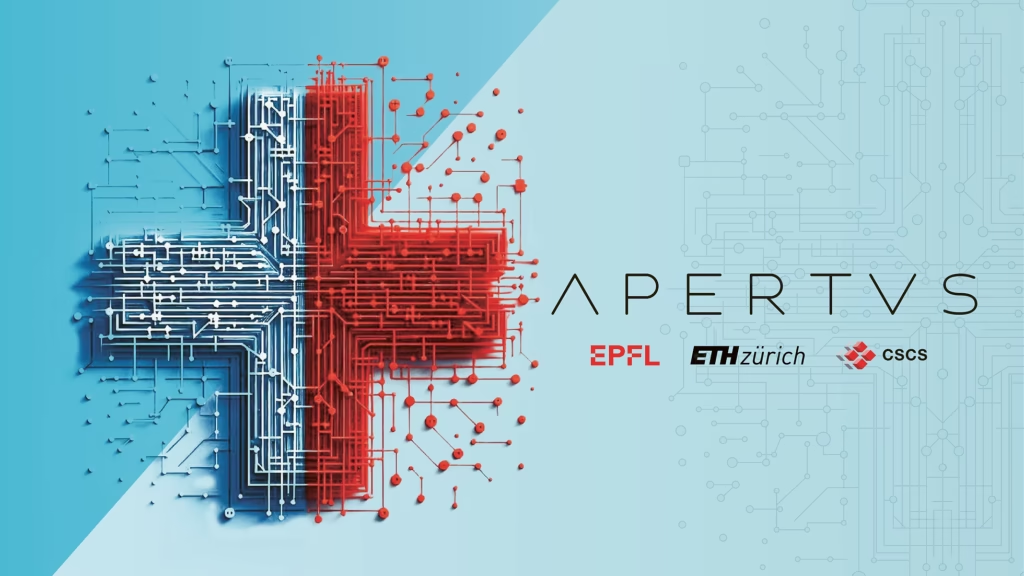
The AI landscape is dominated by a few major players—but what if there was another way? Switzerland, known for its neutrality and precision, is stepping up with a fascinating new initiative. The country’s universities have launched Apertus, a national, open-source language model designed to be a powerful alternative to the big, proprietary LLMs we’re all familiar with.
Thank you for reading this post, don't forget to subscribe!This isn’t just another AI model; it’s a statement. Apertus is built on core values of security, transparency, data sovereignty, and inclusion. By making all of its code and documentation openly available, Switzerland is empowering researchers, startups, and even public institutions to run the model on their own servers. This is a game-changer for anyone who values control over their data and wants to escape the black-box nature of commercial AI.
Why Apertus is a Big Deal for Everyone

You might be wondering, “What does this mean for me?” Well, a decentralized and transparent AI model offers some incredible benefits.
- Ultimate Security: When you’re using an AI that operates on your own server, your data never leaves your control. For businesses handling sensitive information or individuals concerned about privacy, this is a massive advantage.
- Freedom and Customization: Because the code is open, you can adapt and modify the model to fit your specific needs. Think of it as a DIY approach to AI—you’re not just a user, you’re a co-creator.
- A “Lighter” Experience: With fewer users on each private instance, the experience could be faster and more responsive, offering a smoother interaction.
The Potential Downsides to Consider
While the potential is huge, it’s also important to be realistic. This “lighter” experience could come with a trade-off: less-trained AI. The big proprietary models are trained on unimaginable amounts of data from billions of users, making them incredibly robust and knowledgeable. A national model, even one as meticulously designed as Apertus, may not have the same level of training or breadth of knowledge right out of the gate.
This is the central dilemma: do you choose the powerful, centralized AI with potential privacy concerns, or the secure, decentralized one that might still be catching up in terms of performance?
A New Path Forward
Ultimately, the launch of Apertus provides a much-needed decentralized option. It’s a beacon of hope for a future where technology is transparent and user-centric, not just profit-driven. While it may not replace the global giants overnight, it shows that there is a viable, trustworthy path forward for the development of AI.
If the concept of open-source and secure technology excites you, it’s a great time to start exploring. You can download the models directly from the Apertus LLM Collection. For those interested in deeper insights, a great starting point is a book like “The Privacy Solution: Master Your Digital Footprint”, which you can find on Amazon. It’s a fantastic resource for learning how to protect your data in a world of increasingly complex technology.